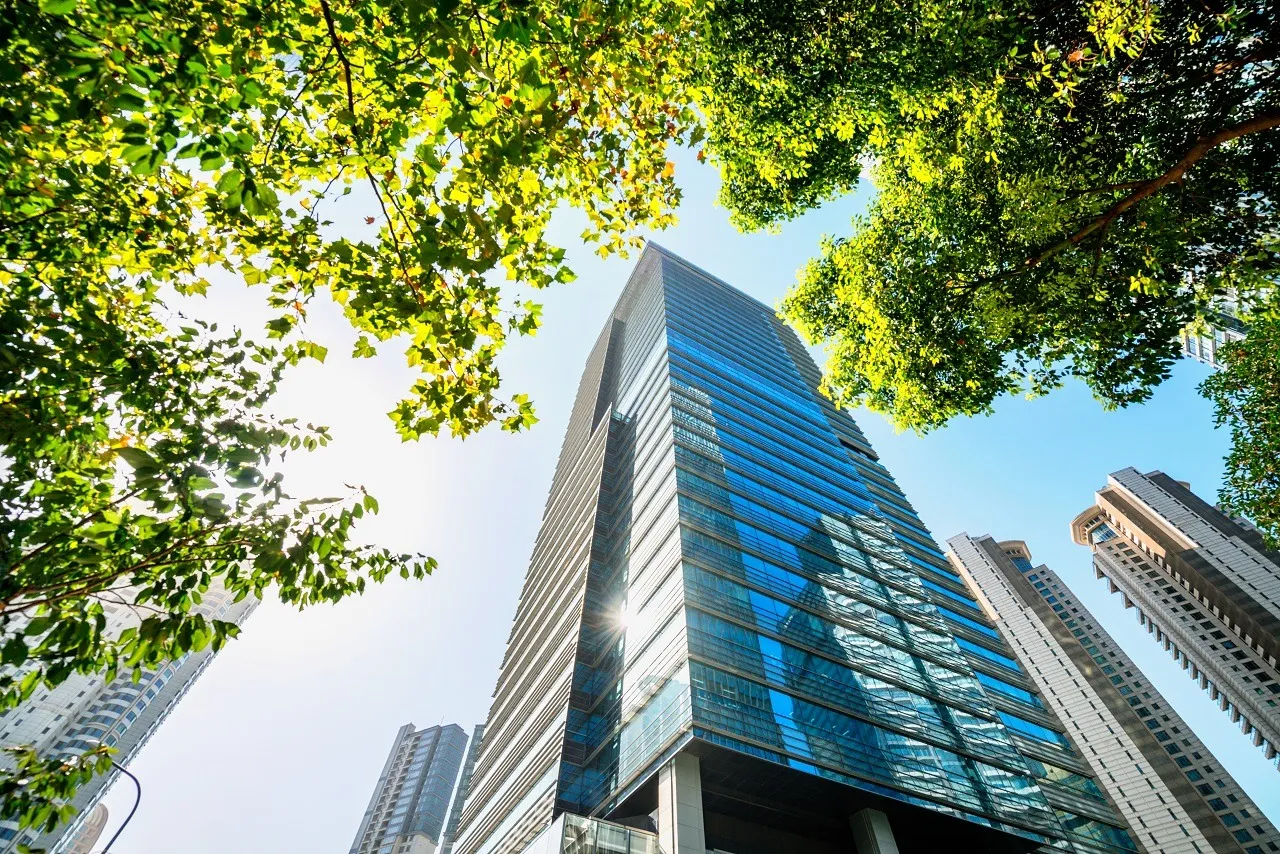Choosing a great office space to lease is an important step in the overall success of your business. But before you rush to sign the lease, it’s important to thoroughly review the lease terms so you are aware of everything your lease entails—like expenses that are not covered by the landlord and clauses that could either help or hurt your business.
Get the most out of your commercial office lease by knowing these seven things before you sign.
1. The Length of Your Lease
First, consider if your business would benefit more from a short-term lease or a long-term lease. If you’re a new startup, a short-term lease may be more suitable since your company could look very different in a few years. If you’re an established business with a specific property in mind to do business in for years to come, a long-term lease makes more financial sense.
Pro tip: The average rate for a commercial lease is three to five years.
2. Exit Clauses
After you’ve agreed upon a lease term, be aware of any additional fees or penalties you could sustain from exiting the lease early. Some leases have clauses that allow you to exit without penalty; if not, this may be something you want to negotiate with your landlord.
Pro tip: Check your lease for an early termination clause, or an “out” clause. This clause allows a tenant to break their lease early if certain conditions are met, for example, low sales. Also check for a co-tenancy clause, which allows a tenant to exit their lease if another anchor tenant leaves or occupancy falls below a predetermined level.
3. The Owner of the Building
Knowing who owns the building is important when it comes time to contact them about building-related issues. Whether or not the owner is an LLC or a corporation—or local versus remote—may play into how quickly and thoroughly they respond to issues.
Pro tip: If you’re able to, consult other tenants in the building. Find out how quickly their problems get resolved and if they’ve had trouble receiving help from the owner. You can also ask your landlord for the contact information of their former tenants to find out their experience.
4. Who Handles Repairs, Maintenance, and Utilities
Your lease should make clear who is responsible for certain utility expenses, maintenance, and repairs. These responsibilities are delegated differently in many commercial leases. Don’t assume that your monthly payment includes all expenses that your landlord may expect you to pay over time. Sometimes tenants find themselves saddled with utility costs that weren’t outlined in their lease. Make sure that all foreseeable expenses are outlined and delegated clearly in the lease.
Pro tip: To make sure that you know all the expenses involved and avoid unfair conditions or clauses in your lease, it can be helpful to consult an attorney, who can help you review and negotiate the lease to your benefit.
5. Expected Rent Increases
While you’re locked in at your current rate for the existing lease term, many leases have annual increases after the first term. Your lease agreement should spell these out.
Pro tip: To avoid a rent spike after your first term, negotiate the option to renew your lease at a predefined increase rate.
6. CAM Expenses
Common area maintenance (CAM) expenses are another expense that landlords sometimes pass on to their tenants. Some examples of CAM expenses include: landscaping, holiday decorations, renovations to the parking lot, and property taxes. If you as the tenant agree to cover all CAM expenses, the landlord has no incentive to keep costs down and you may be writing steep checks. Instead, try to negotiate limits on these expenses.
Pro tip: There are a few types of limits you can negotiate. You can negotiate a monetary cap, which cuts expenses off at a certain price point. To know what a reasonable cap may be, find out the annual expenses from the previous years. You can also set limits on the types of expenses you’re willing to cover. Third, you can negotiate how often certain services will be performed—such as landscaping and parking lot restriping.
7. Parking Considerations
Parking is important anywhere but especially with office space. Does the property have good parking for your employees and vendors? Does the lot need restriping or repaving?
Pro tip: If you verbally negotiate conditions with your landlord, like a certain amount of parking spaces, make sure the condition shows up in print in your lease agreement.
Keep in mind these seven things before signing the lease to your commercial office space. Being better-informed helps you prevent pitfalls and allows you to get the most out of your space! Learn more about commercial leasing at Coldwell Banker Commercial Elite.




